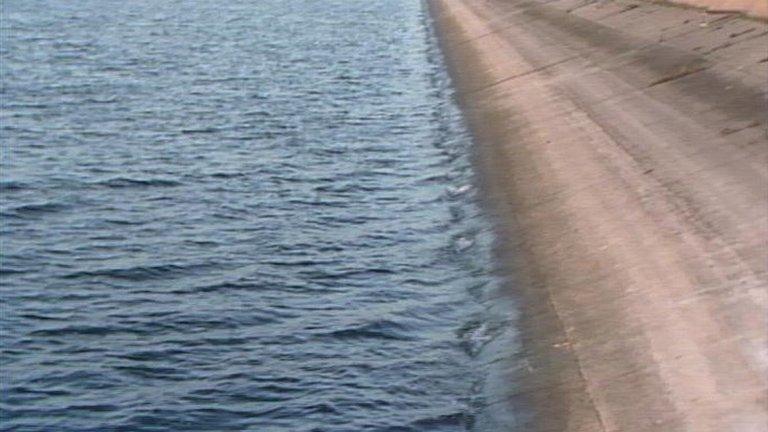Abingdon reservoir plan 'would improve water supply'
- Published
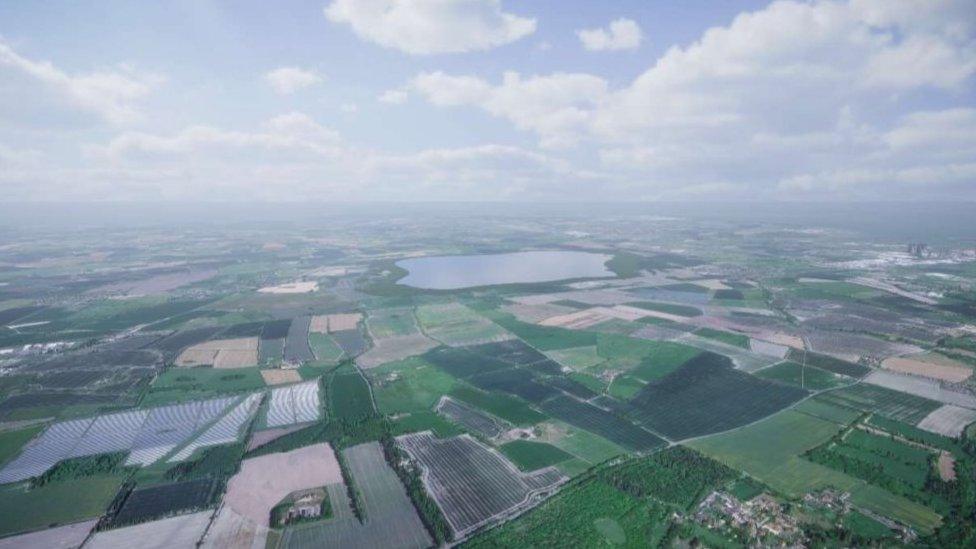
A reservoir plan has been floated for the area since the 1990s
A controversial plan for a major reservoir would ensure that water supply in the south east is more "resilient", water companies have said.
The site near Abingdon could be used to store up to 150 million sq m of River Thames water and produce 270 million litres of water every day.
It is proposed by Water Resource South East (WRSE), a partnership of water companies in the region.
Campaigners have spent years opposing any reservoir being built on the site.
Derek Stork, the chairman of the Group Against Reservoir Development (GARD), said concerns include environmental damage, noise, pollution and potential flooding.
A plan for a reservoir at the site was rejected after a public inquiry in 2011. It was revived in 2018.
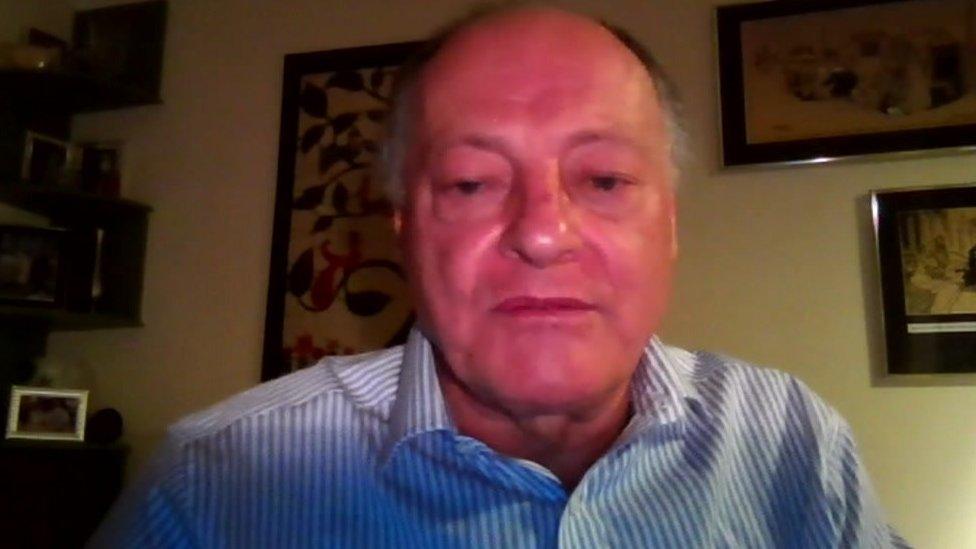
Derek Stork is the chairman of the Group Against Reservoir Development (GARD)
WRSE said the South East Strategic Reservoir Option (SESRO) would be used to supply water to Thames Water, Affinity Water and Southern Water customers.
Trevor Bishop, from WRSE, said the reservoir would mean resources would be "much more resilient to the uncertainties of climate change".
He said it could also mean that hose pipe bans would be needed less frequently.
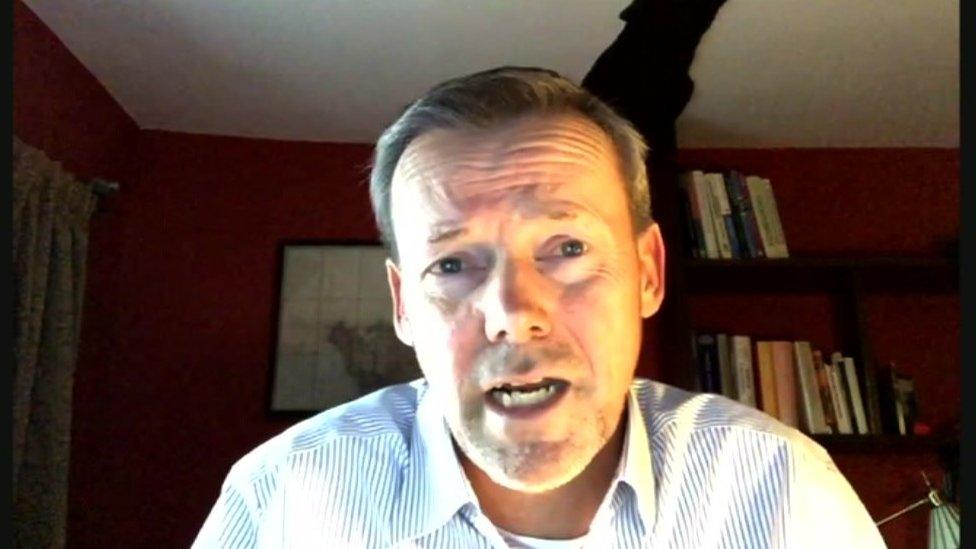
Trevor Bishop, from WRSE, said the reservoir would mean resources would be "much more resilient"
The SESRO could be completed by 2040 and "fully utilised" by 2050.
WRSE said if it is not built, water would need to be drawn from other sites, including Beckton in London.
A Thames Water spokesperson said the plan is in the "very early stages".
"If approved, the reservoir would be built as part of a strategic plan to ensure a safe and dependable water supply for future generations in Oxfordshire and across London and the South East," they said.
"It is vital that we do this to ensure the long-term economic, social and environmental sustainability of the region."

Follow BBC South on Facebook, external, Twitter, external, or Instagram, external. Send your story ideas to south.newsonline@bbc.co.uk, external.
Related topics
- Published17 January 2022

- Published24 April 2018
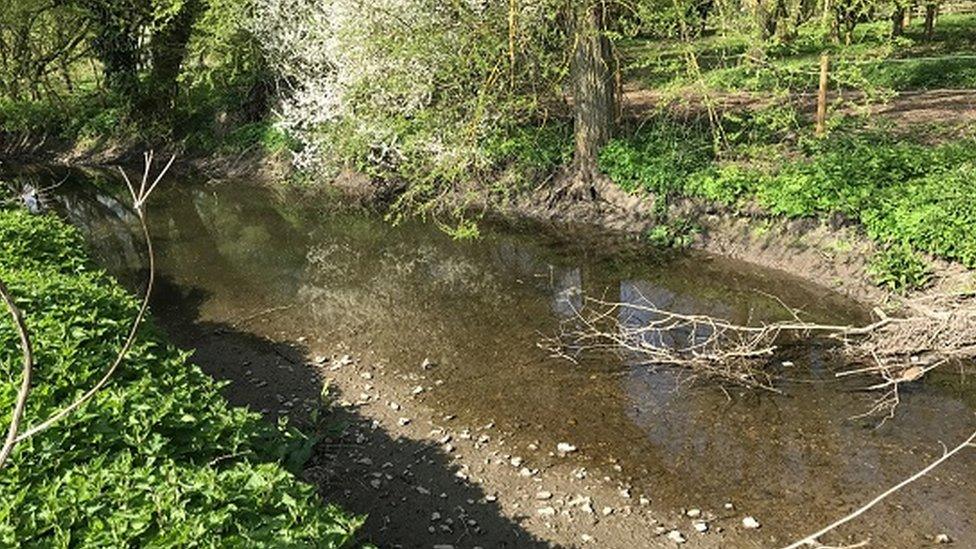
- Published18 April 2018
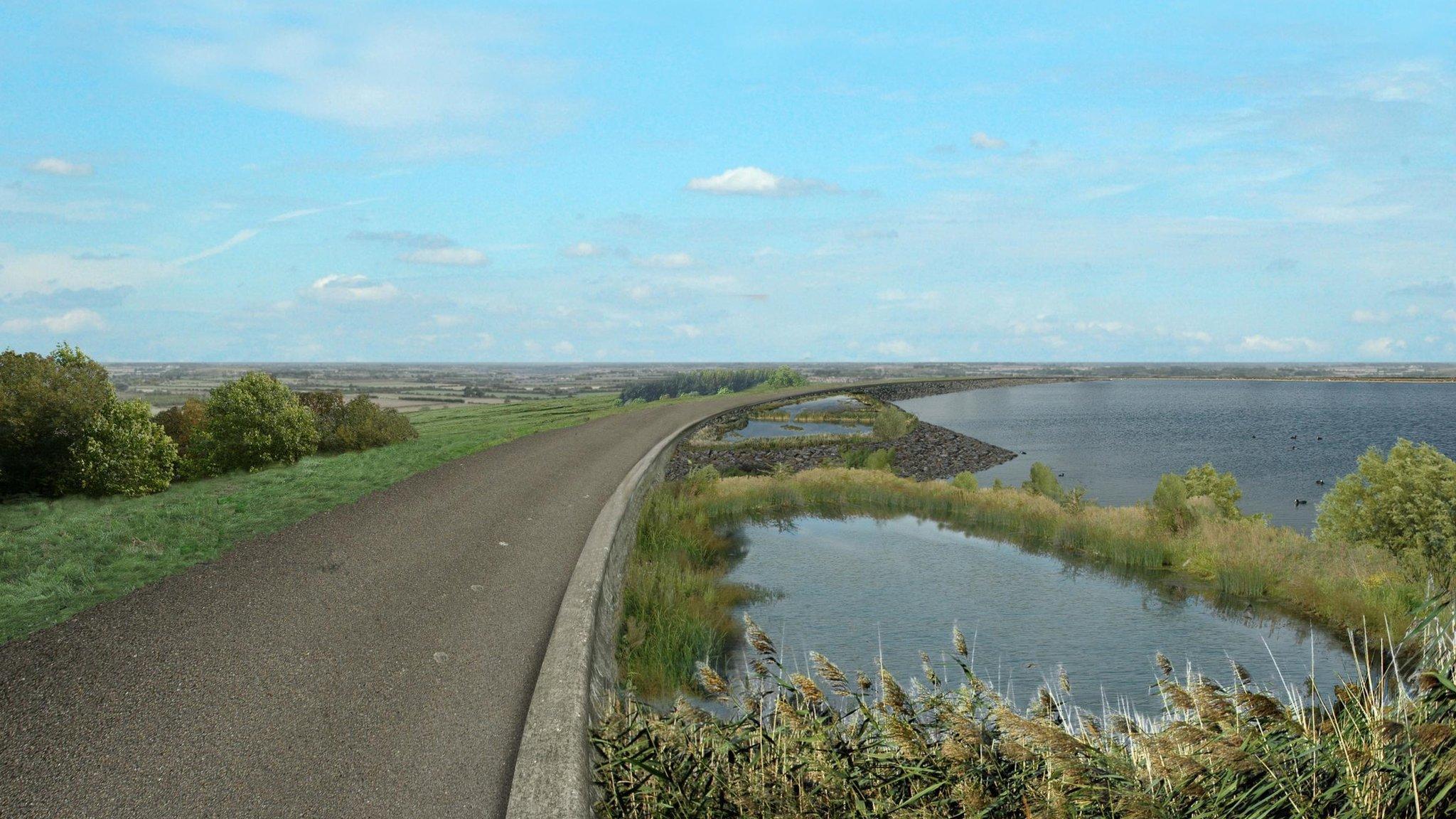
- Published21 August 2015
